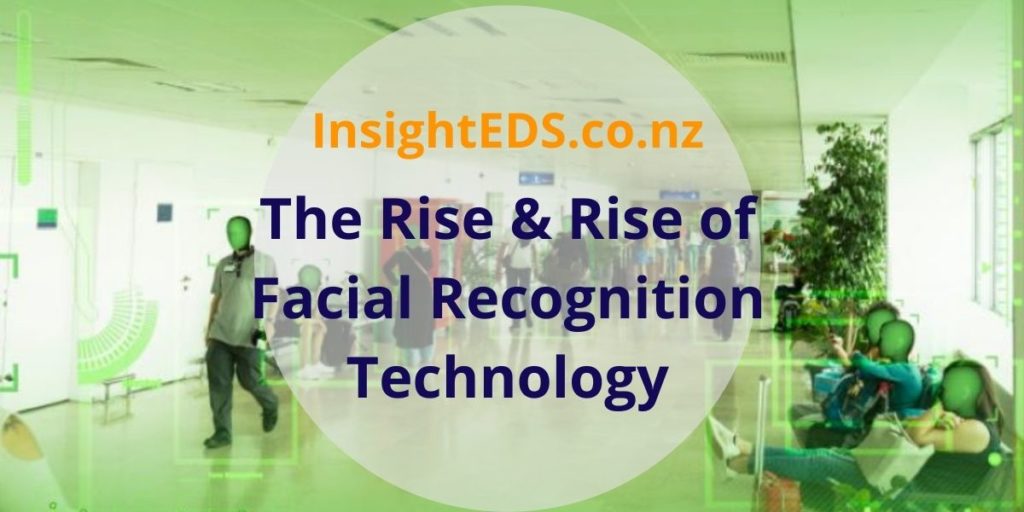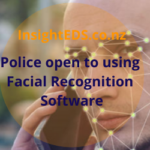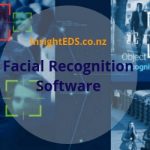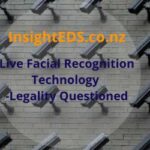
Facial Recognition Technology is on the rise in New Zealand but a new report raises Human Rights Concerns
Facial Recognition Technology is increasing across private and public sectors. Including government departments, policing, banking, travel, security and customer tracking.
Research released at the end of 2020 has found that this increasing usage has impacts on human rights. Such as privacy and freedom of expression. The right to peaceful protest and the right to be free from discrimination.
The research project was led from the Faculty of Law at Victoria University. The report makes 15 recommendations that aim to inform governments how best to mange. The report also highlighted the current regulation gap in New Zealand.
The comprehensive list of recommendations includes giving biometric information such as DNA, fingerprints, iris scans and facial data special protection. It calls for privacy impact and algorithm impact assessments to be done to help protect the risk to individuals.
The report also recommends the government establishes independent oversight of the collection, retention, and comparison of facial images. It advocates for transparency around the sharing of facial images between state agencies, other jurisdictions, and the private sector.
Facial Recognition Technology has the potential to be used as a key identity and access management tool in the future. This raises pertinent questions around how images are being collected and stored now by the private sector. Where are these images being stored? Who has access to this data? What else might the images be used for?”
“Any potential regulation must balance the public interest in availability and use of a technology with potential risks to collective and individual rights and interests.”
Insight EDS keeps you up to date with technology news






